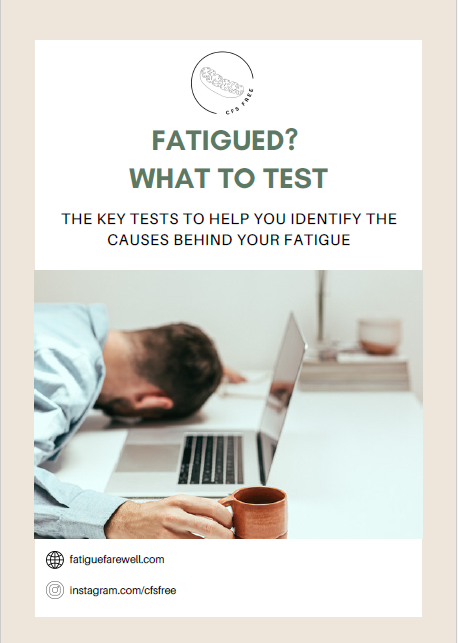Quick fixes and complex chronic illness do not typically go hand in hand.
Lasting healing requires identifying root causes and applying a tailored, multifaceted treatment approach.
There are some nutrients and compounds however that can provide fast relief particularly if one is deficient or it is used to tackle a key driver.
Timing and personalisation is key.
Vitamin C is one of these and is up first in a series of blogs where I will outline some of the most pertinent and science backed supplements relevant to fatigue.
What is it?
Vitamin C is a fat-soluble vitamin that we humans, unlike some animals cannot produce on our own. For this reason, we must consume it in our diet or through the use of dietary supplements.
Antioxidant
It is also one of most potent antioxidants in the body, reducing inflammation and oxidative stress particularly when given in high doses.
Antimicrobial
Although a well-known antioxidant, vitamin C acts as a potent oxidant when taken in high doses. Its antiviral, antibacterial, and antifungal properties help fight chronic infections linked to chronic fatigue and fibromyalgia.
Studies have shown that intravenous vitamin C can effectively lower antibodies to the Epstein-Barr virus, a virus commonly associated with chronic fatigue syndrome. Other studies have found that intravenous vitamin C supplementation diminished fatigue and oxidative stress markers in individuals with varying degrees of chronic fatigue syndrome.
Consumption
Fruits like oranges, lemons, and kiwifruit, along with vegetables like broccoli and Brussels sprouts, provide accessible vitamin C.
You can supplement it as a powder, through liposomes, or receive it intravenously.
Please consider speaking with a practitioner or coach well versed in nutritional supplementation before deciding whether it is suitable for you.
You can find other ME/CFS related blogs here.




Shaun Moran